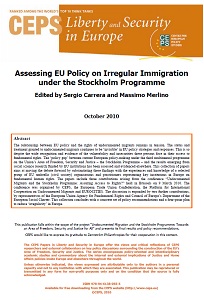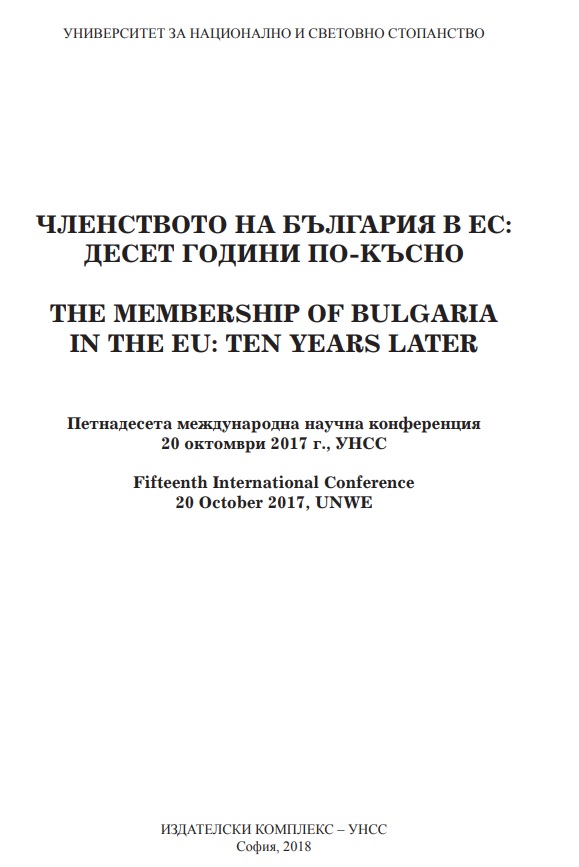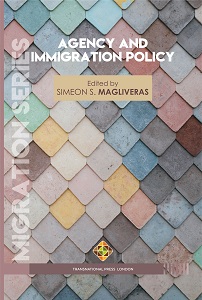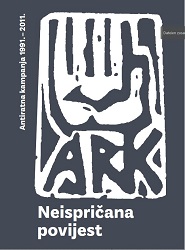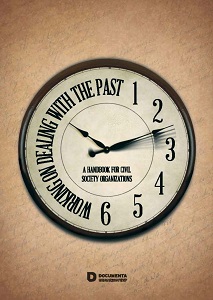Author(s): Vesna Teršelič / Language(s): English
Publication Year: 0
There is no country or society in which presentation of the shameful pages of own past could not be improved and support system to the traumatized enhanced. In order to create space for a quality discussion about the past, for additional research of facts about violence and for teaching of fact-based history, you will need to advocate for changes in deeply rooted practices of selective representations of suffering. With your suggestions, you will attempt to motivate as many people as possible, who were not interested so far, both in the public and government institutions or – in other words – you will need to advocate. The success of advocating for proposals in public discussions will depend on their quality and accountability of an advocate, on the manner in which a proposal is presented and on the ability to communicate about a condition, values, ideas and requests towards other people, media and government institutions. Even the best proposals, supported by arguments, data and analyses, will not have the desired effect, if they are not presented in an understandable and interesting way. You should not be discouraged by unpleasant silence which often accompanies public disclosure of facts about committed crimes. When initial shock is over, a storm could ensue. Regardless of whether a discussion about a violent past has already been open or is just starting, when preparing your public action, you should count on harsh reactions, because, in public, initiatives related to remembrance of violent heritage are usually met with divided reactions. Regardless of whether you are preparing an initiative in your own town or on the national level, you should probably count on years-long advocacy for your proposal and arm yourselves with patience. For some initiatives, such as the one described in the first example, you will need ten or even more years.
More...



